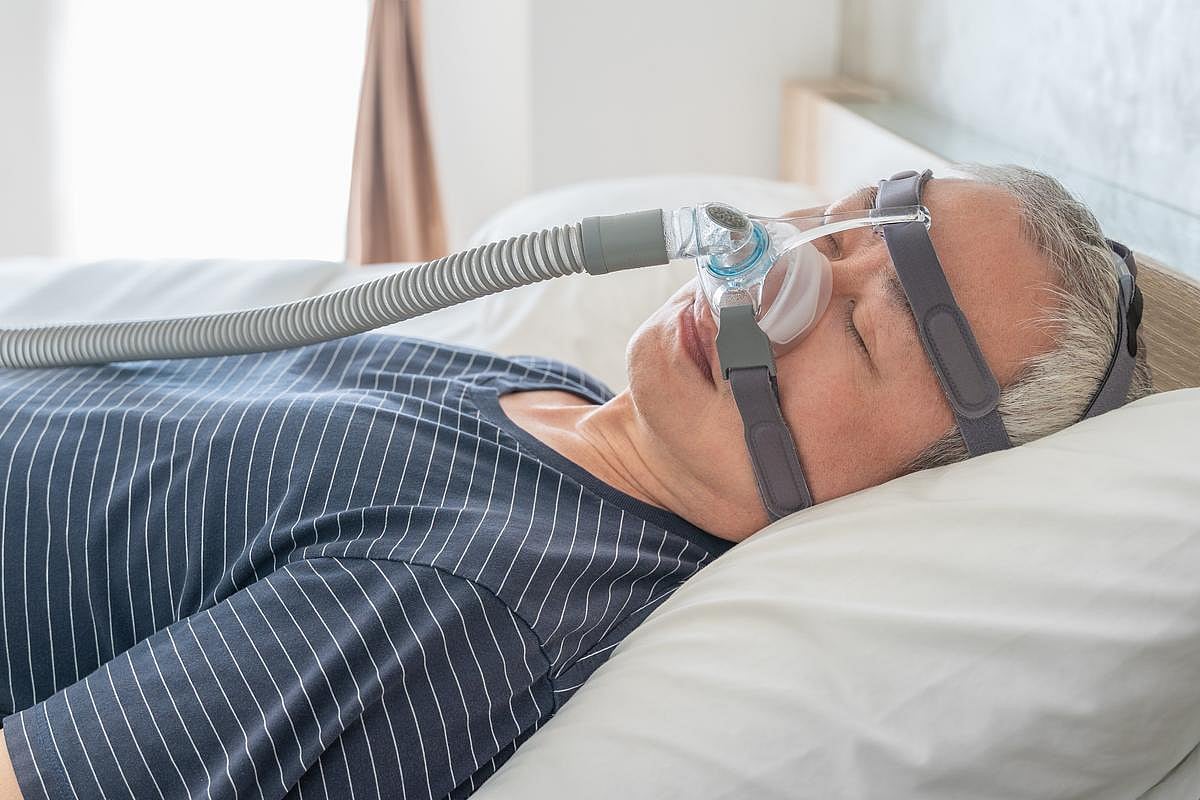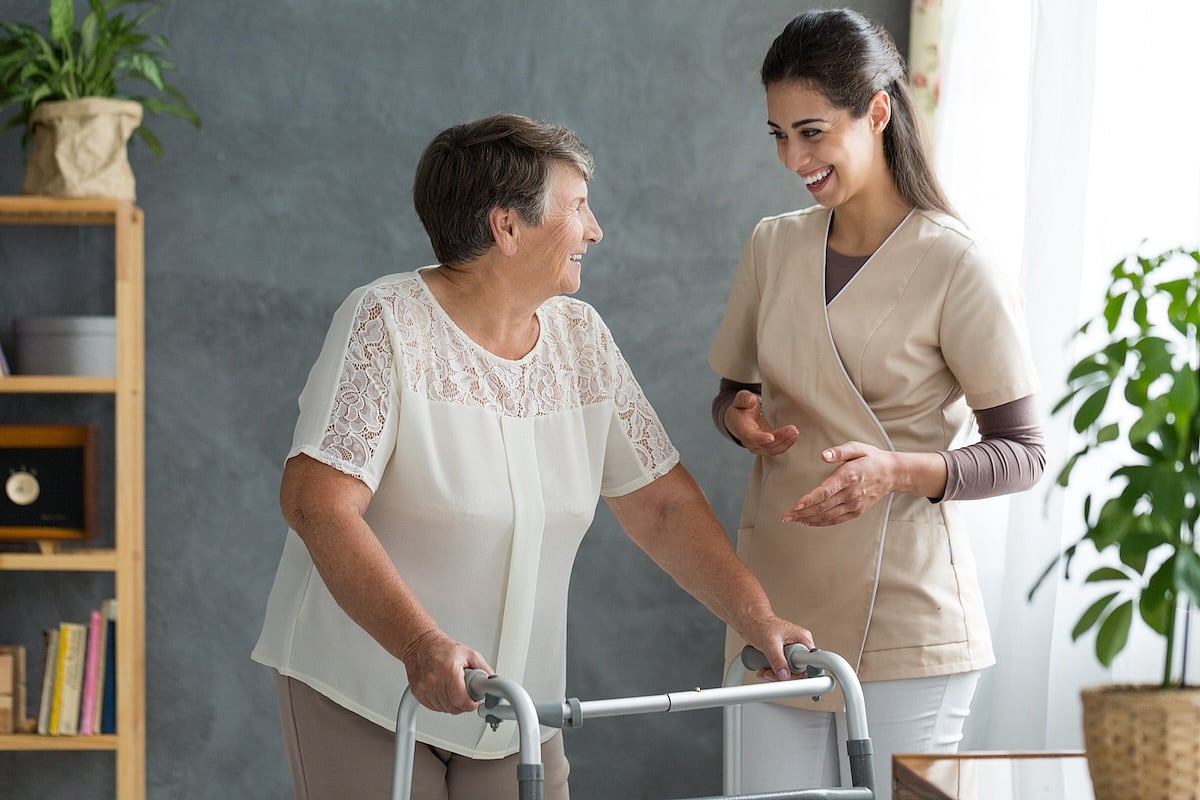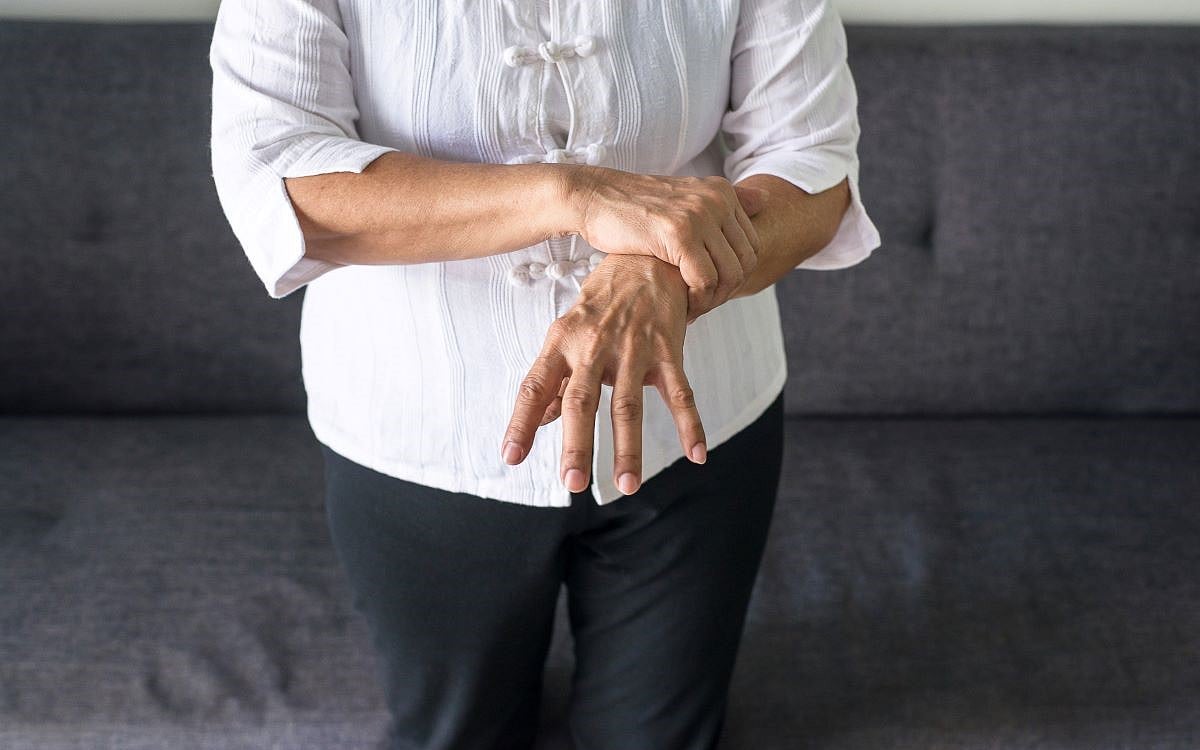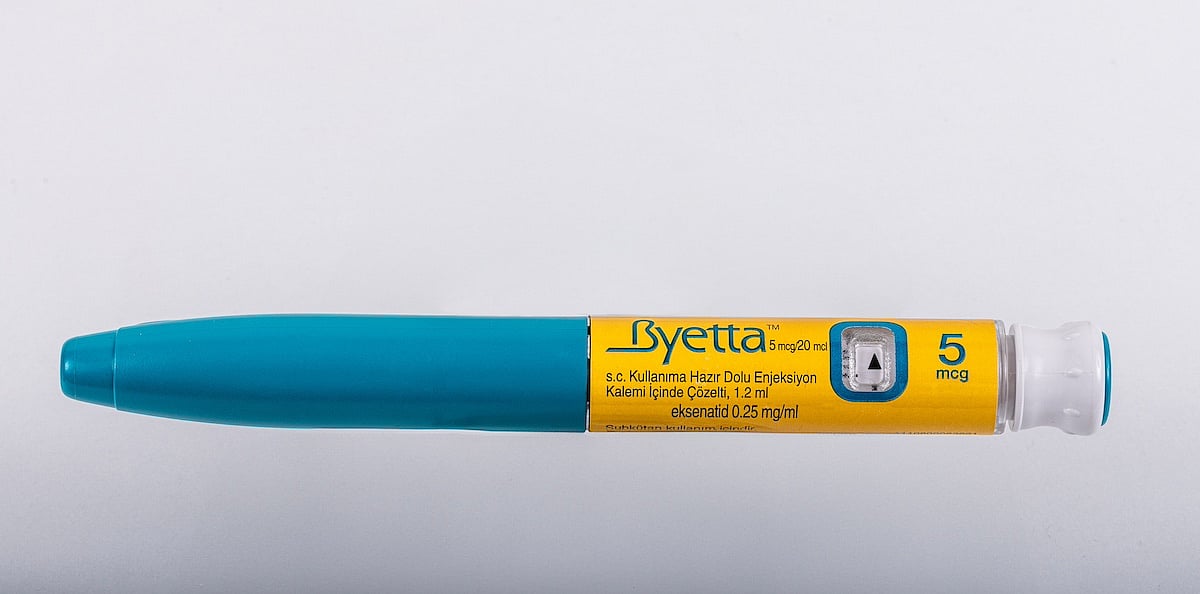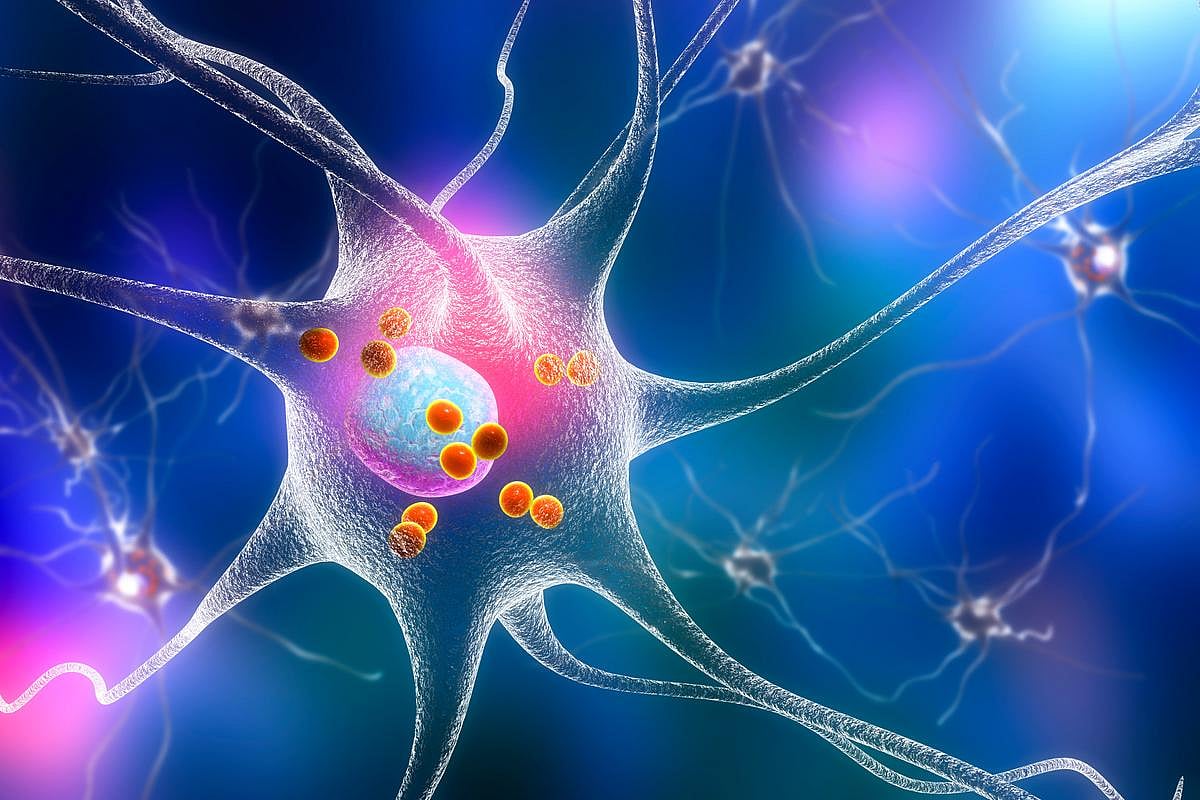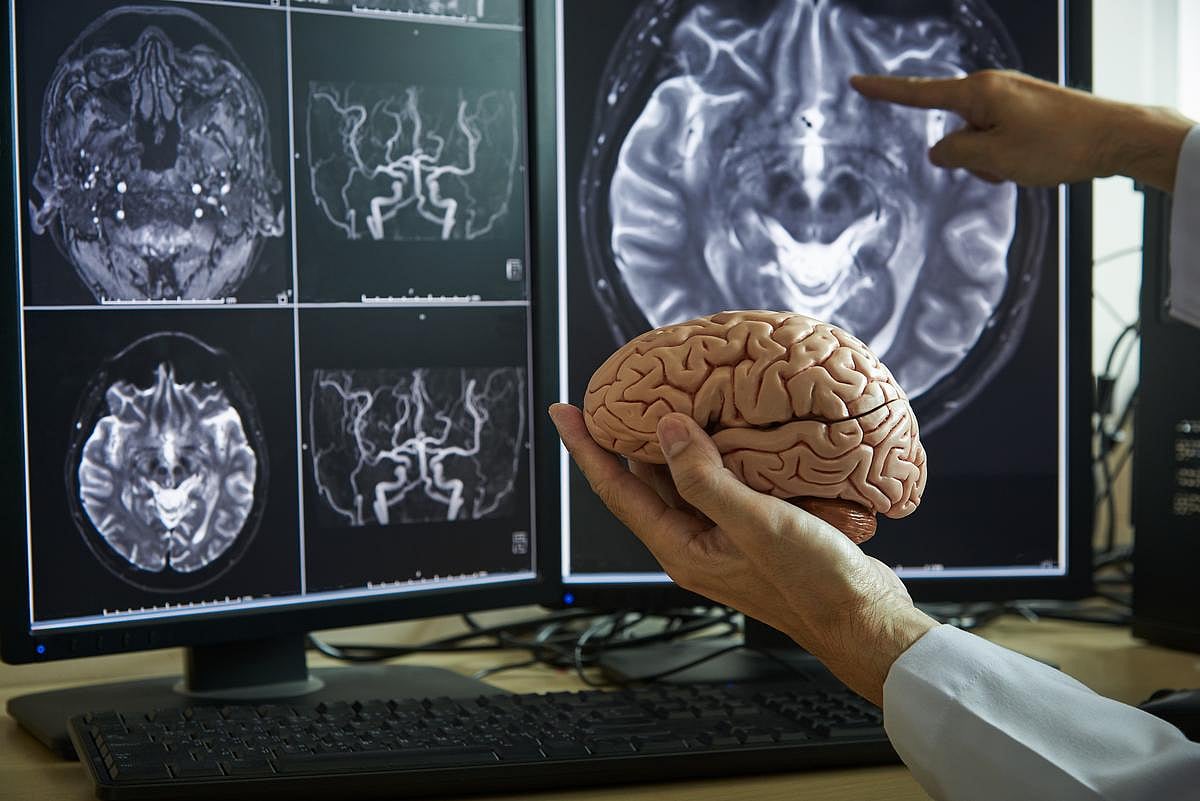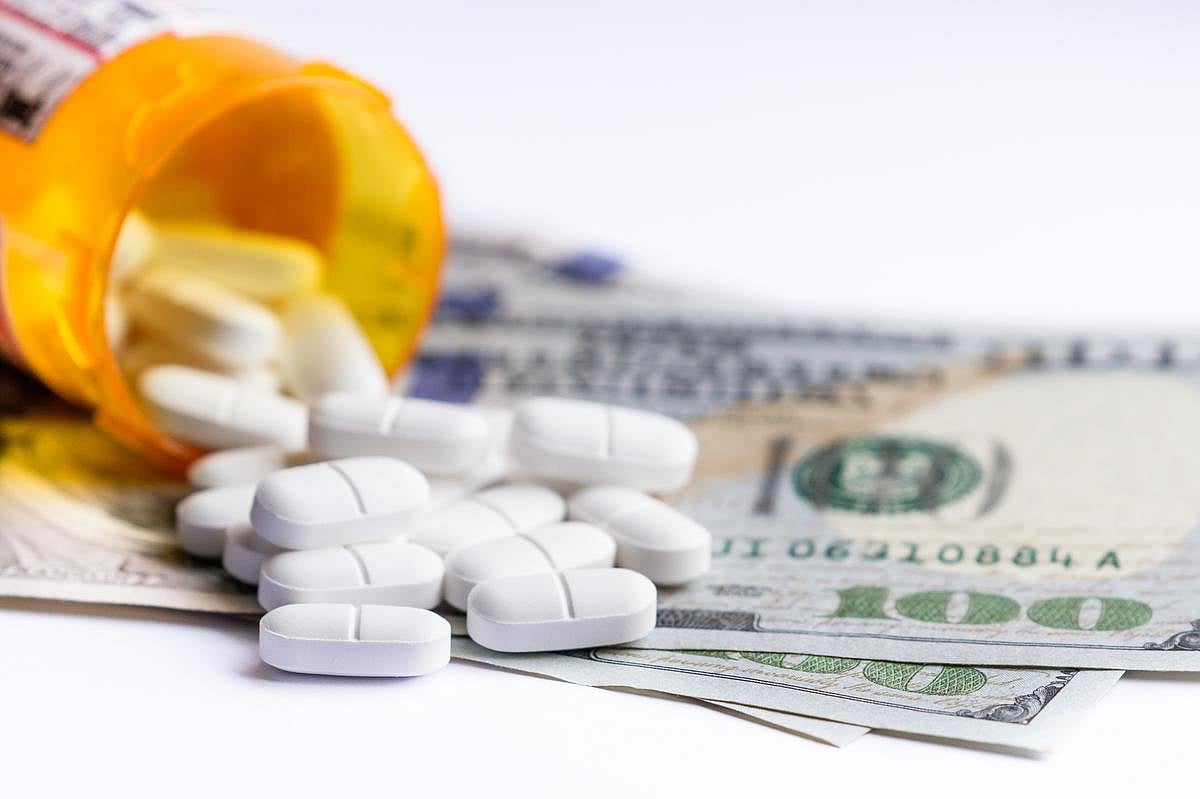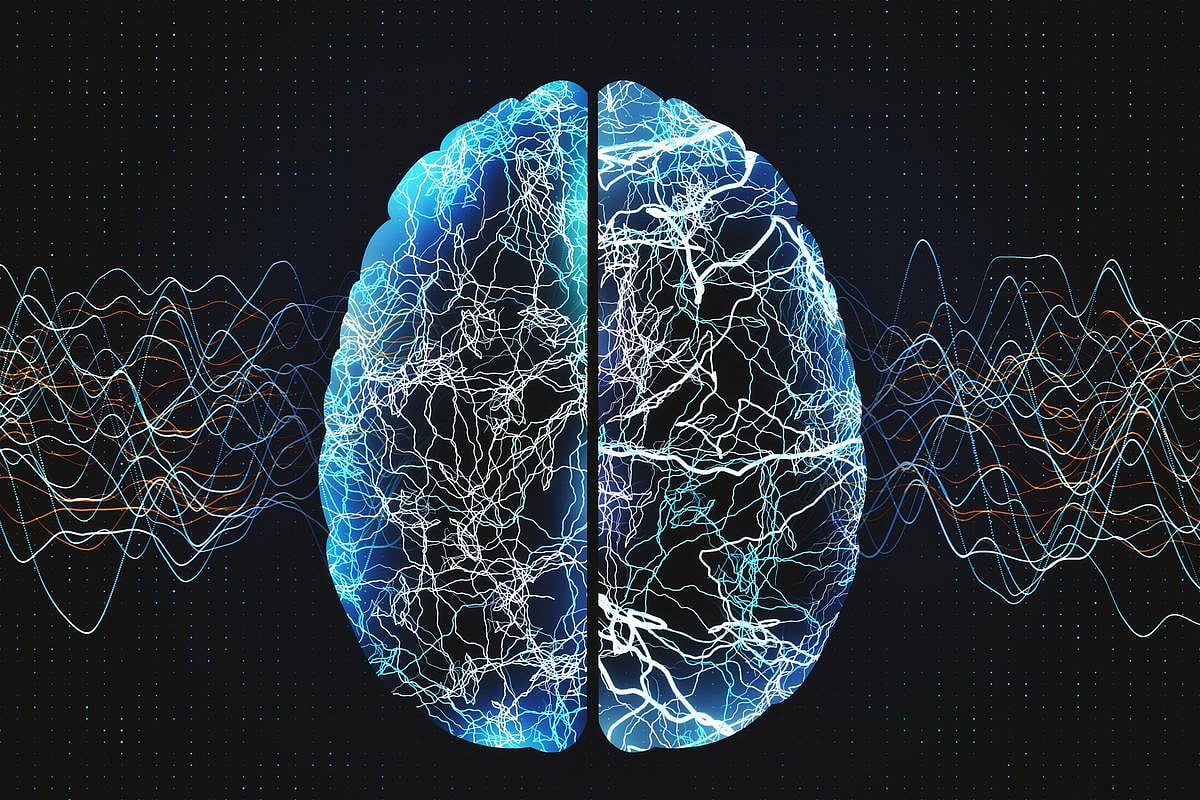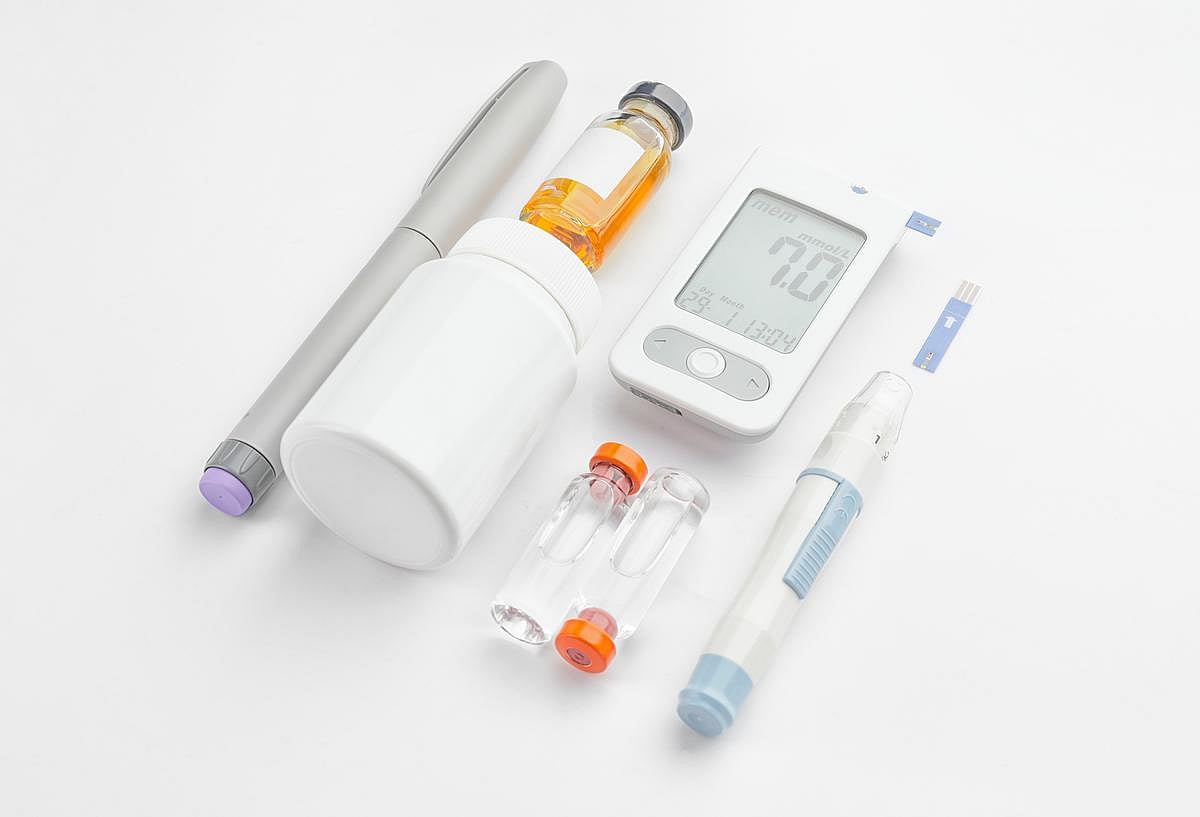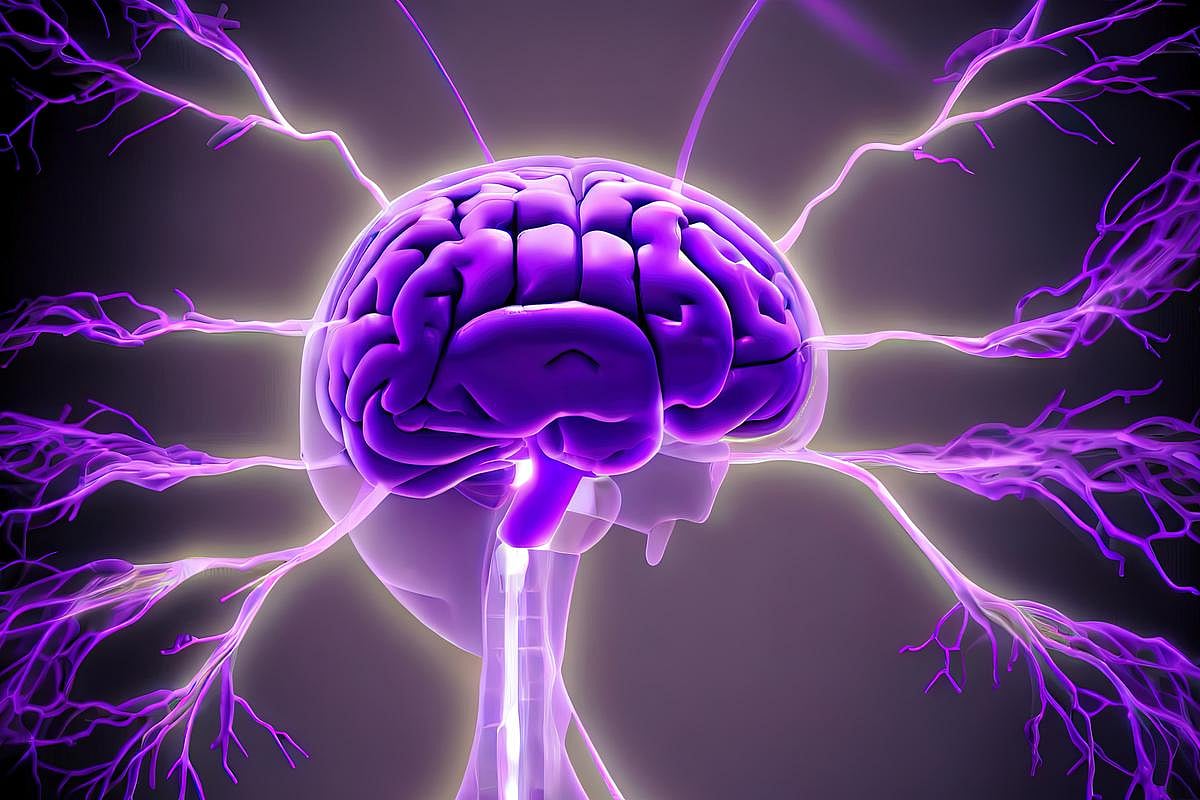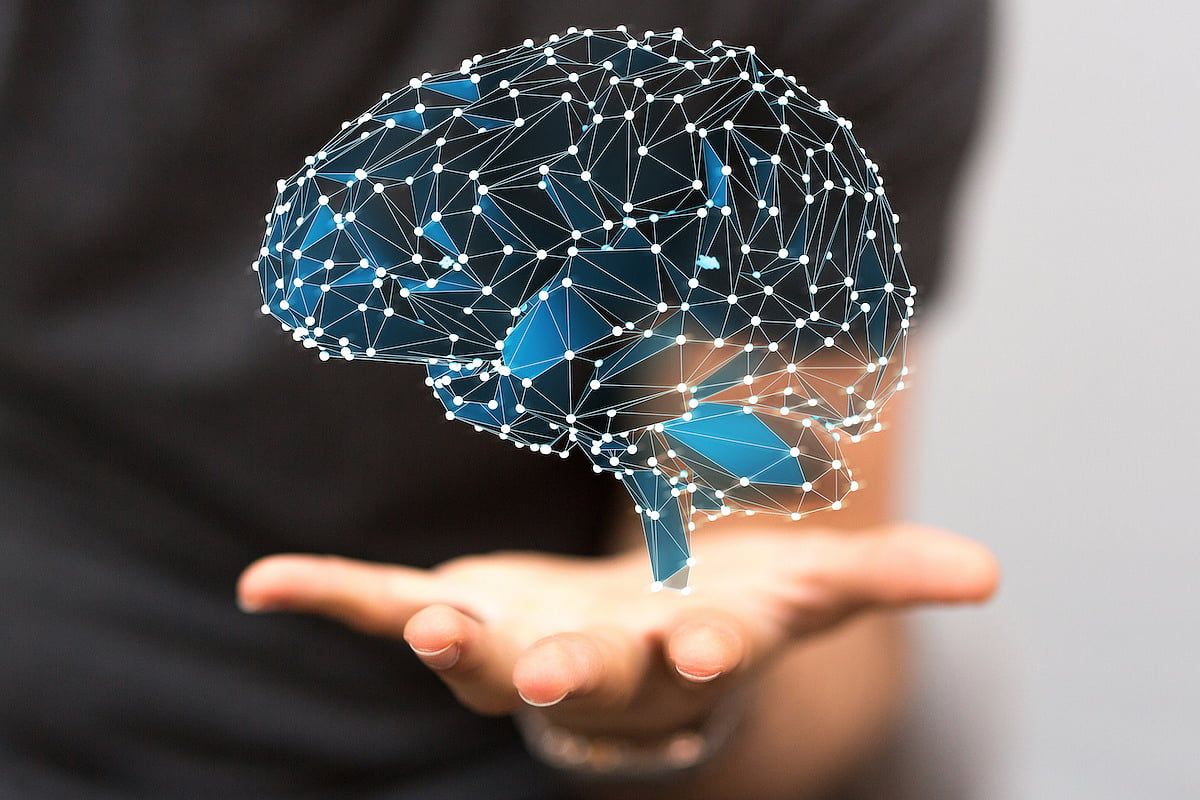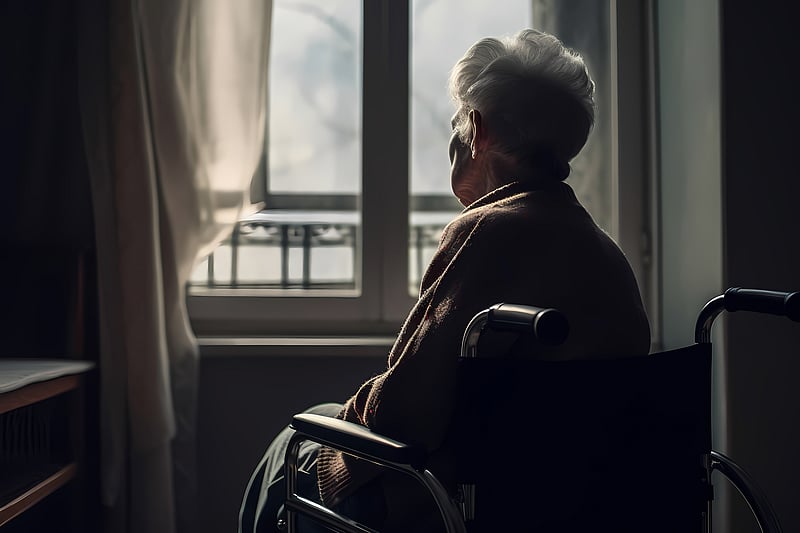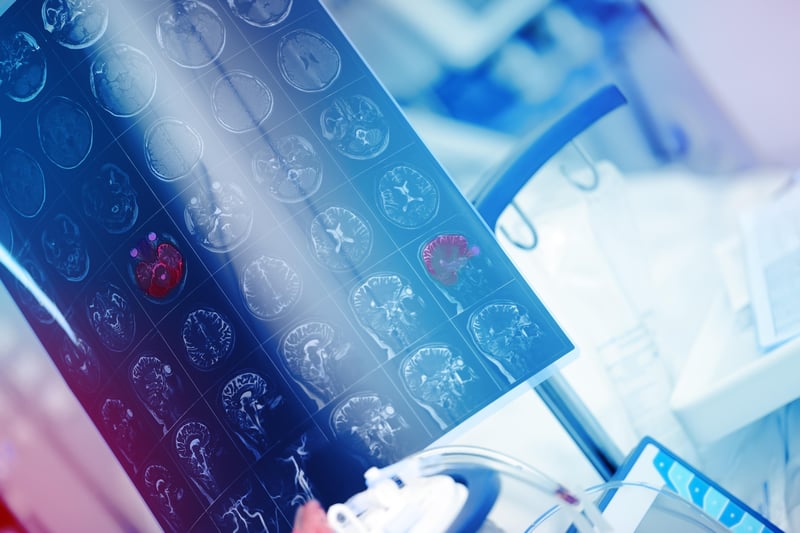Get Healthy!
93 Results for search "Parkinson's".
Health News Results - 93
Depression in old age could be an early sign of serious brain disease, a new study says.
Depression occurs more often and earlier in seniors who go on to develop Parkinson’s disease or Lewy body dementia, researchers recently reported in the journal
- Dennis Thompson HealthDay Reporter
- |
- January 15, 2026
- |
- Full Page
High-tech neuroimaging of pro boxers and mixed martial arts (MMA) fighters is revealing potential damage to a system the brain uses to rid itself of waste.
“When this system doesn’t work properly, damaging proteins can accumulate, which have been linked to Alzheimer’s and other forms of dementia,” explained study lead author
Add one more malady to the potential risks from untreated sleep apnea: Parkinson’s disease.
A new study involving 11 million U.S. veterans finds that a person’s odds of developing
Deep brain stimulation (DBS) implants can provide long-term relief for people with Parkinson’s disease, a new study says.
Parkinson’s patients who got deep brain stimulation had better motor function, an improved ability to manage day-to-day task...
- Dennis Thompson HealthDay Reporter
- |
- October 7, 2025
- |
- Full Page
Long-term exposure to a chemical used in metal degreasing and dry cleaning might increase the risk of Parkinson’s disease, a new study says.
Seniors living in places with the highest airborne levels of trichloroethylene showed a 10% higher risk for Par...
- Dennis Thompson HealthDay Reporter
- |
- October 2, 2025
- |
- Full Page
Folks with metabolic syndrome have up to a 40% higher risk of developing Parkinson’s disease, a new study says.
Metabolic syndrome is a cluster of health problems that include excess belly fat, high blood pressure, elevated blood sugar and abnormal cho...
- Dennis Thompson HealthDay Reporter
- |
- August 21, 2025
- |
- Full Page
Staying active might slow the brain changes associated with Parkinson’s disease, a new study says.
Parkinson’s patients who kept active by walking, doing household chores and participating in recreational activities experienced slower brain chang...
- Dennis Thompson HealthDay Reporter
- |
- August 8, 2025
- |
- Full Page
Parkinson’s disease can dramatically affect a patient’s ability to walk, with “Parkinson’s gait” increasing their fall risk and reducing their ability to get around.
But deep brain stimulation (DBS) custom-tailored to a patient&...
- HealthDay Reporter
- Dennis Thompson
- |
- July 28, 2025
- |
- Full Page
About 90,000 people are diagnosed with Parkinson’s disease (PD) each year – one person every six minutes. While most people associate PD with tremors and stiffness, the condition is far more complex than these symptoms and may affect more than just movement.
An estimated 1 million people in the United States are living with this disease, according to the
Dogs’ noses are sensitive enough to track down fleeing convicts, locate human remains in hidden burial sites and detect illicit drug stashes.
They’ve even been able to sniff out human diseases like prostate cancer, malaria and COVID-19.
But are they keen enough to detect diseases of...
- HealthDay Reporter
- Dennis Thompson
- |
- July 22, 2025
- |
- Full Page
A common virus once thought harmless to humans might be linked to Parkinson’s disease, a new study says.
The germ, Human Pegivirus (HPgV), was found in half the autopsied brains of patients with Parkinson’s, but not in any brains from healthy people, researchers reported July 8 in the journal JCI Insight.
“HPgV is a c...
- HealthDay Reporter
- Dennis Thompson
- |
- July 9, 2025
- |
- Full Page
A person’s microbiome – the bacteria naturally living in the mouth and gut – might contribute to Parkinson’s disease, a new study says.
Specific changes in these bacteria are associated with cognitive decline in Parkinson’s, researchers reported June 9 in the journal Gut Microbes...
- HealthDay Reporter
- Dennis Thompson
- |
- June 13, 2025
- |
- Full Page
Fast food and ready-made packaged eats could be doing slow damage to people’s brains.
Ultra-processed foods like breakfast cereals, soft drinks, hot dogs and ketchup appear to increase a person’s risk of developing Parkinson’s disease, a new study says.
People who ate about 11 servings of ultra-processed foods per day had a 2.5-times higher risk of developing three...
- HealthDay Reporter
- Dennis Thompson
- |
- May 8, 2025
- |
- Full Page
Common medications like aspirin, ibuprofen, statins and beta blockers appear to slow the progress of Parkinson’s disease, a new study says.
Parkinson’s symptoms took nearly a decade longer to crop up in patients taking these drugs to treat pain, high blood pressure, ...
- HealthDay Reporter
- Dennis Thompson
- |
- April 17, 2025
- |
- Full Page
The number of people with Parkinson’s disease will more than double by 2050, driven by the aging of the global population, a new study suggests.
In all, 25.2 million people will be living with Parkinson’s by 2050, researchers project in The BMJ.
“An urgent need exists for future research to focu...
- HealthDay Reporter
- Dennis Thompson
- |
- March 7, 2025
- |
- Full Page
Hopes that GLP-1 drugs such as Ozempic and Wegovy could help slow Parkinson's disease have taken an hit.
A new study found that a drug in the same class called exenatide, marketed as Byetta, had no effect on slowing the disease or easing its symt...
- HealthDay Reporter
- India Edwards
- |
- February 5, 2025
- |
- Full Page
Parkinson's is a relentless disease for which few treatments, and no real cure, exists.
Now, researchers say they are on the trail of a potential new therapy for the disabling neurological illness.
It's early research, still in the animal-testing stage, as explained by investigators at the University of Arizona in Tucson. However, their findings, published recently in the journal <...
- HealthDay Reporter
- Ernie Mundell
- |
- December 19, 2024
- |
- Full Page
The blood-brain barrier is a natural membrane that protects your brain from toxins and germs.
Unfortunately, this barrier also hampers the delivery of important medicines and therapies into the brain.
But researchers now think they’ve figured out a way to get drugs past the blood-brain barrier.
A Mount Sinai research team delivered genetic therapies into the brains of mi...
- HealthDay Reporter
- Dennis Thompson
- |
- November 27, 2024
- |
- Full Page
A person battling multiple sclerosis spent an average of $750 in out-of-pocket fees on medicines in 2012, but by 2021 that same patient spent $2,378 annually, a new report finds.
Out-of-pocket costs for drugs for neurologic diseases such as MS, Parkinson's and
Certain gut microbes might be linked to a person’s risk of developing Parkinson’s disease, a new study suggests.
People prescribed multiple courses of penicillin antibiotics have a modestly lower risk of developing Parkinson’s, researchers found.
Those antibiotics ...
- HealthDay Reporter
- Dennis Thompson
- |
- October 25, 2024
- |
- Full Page
Green Bay Packers legend and NFL Hall of Famer Brett Favre announced Tuesday that he has been diagnosed with Parkinson's disease.
Favre, 54, made the announcement while testifying to Congress on his potential misuse of taxpayer funds.
The former quarterback has been presenting testimony in Washington to the House Ways and Means Committee, following accusations that he used politica...
- HealthDay Reporter
- Ernie Mundell
- |
- September 24, 2024
- |
- Full Page
Exercise, whether moderate- or high-intensity, can help ease Parkinson's symptoms, including fatigue, new research shows.
As study lead author Dr. Philip Millar explained, Parkinson's patients are too often overwhelmed by shame or depression, so they stop going to the gym or exercising. That's too bad, Millar said, becau...
- HealthDay Reporter
- Ernie Mundell
- |
- September 19, 2024
- |
- Full Page
A specific class of diabetes drug appears to lower people’s risk for dementia and Parkinson’s disease, a new study shows.
Sodium-glucose cotransporter-2 (SGLT2) inhibitors, also known as gliflozins, lower blood sugar by prompting the kidneys to filter sugar out of the bloodstream and excrete it in urine, researchers said.
But these drugs might also protect brain health, ...
- HealthDay Reporter
- Dennis Thompson
- |
- September 19, 2024
- |
- Full Page
People with rare genetic variants linked to degenerative brain disorders like Parkinson’s disease are at increased risk of developing ALS, a new study finds.
Further, having these genetic variants increases the risk of a person having faster-progressing ALS (amyotrophic lateral sclerosis) and dying ...
- HealthDay Reporter
- Dennis Thompson
- |
- September 16, 2024
- |
- Full Page
Women who suffer frequent migraines don’t have any increased risk of developing Parkinson’s disease, finds a new study that refutes earlier research.
“These results are reassuring for women who have migraine, which itself causes many burdens, that they d...
- HealthDay Reporter
- Dennis Thompson
- |
- August 23, 2024
- |
- Full Page
A brain implant guided by AI could provide around-the-clock personalized care for people with Parkinson’s disease, a new study suggests.
The implant uses AI to monitor a patient’s brain activity for changes that can cause movement problems during the day and insomnia at night, res...
- HealthDay Reporter
- Dennis Thompson
- |
- August 19, 2024
- |
- Full Page
Many people with Parkinson's disease may fear dementia as a common consequence of the disease.
But new research suggests dementia is not inevitable with Parkinson's, and in fact is less common than presumed.
If dementia does occur, it typically does so much later in life than was previously assumed, the study also found.
“These results provide more hopeful estimates of ...
- HealthDay Reporter
- Ernie Mundell
- |
- August 8, 2024
- |
- Full Page
Finding yourself packing on the pounds around your waist and arms? If so, you might be at heightened risk for neurological illnesses like Alzheimer's or Parkinson's, new research suggests.
There was one other physical characteristic that lowered the odds, however: muscle strength. Stronger ...
- HealthDay Reporter
- Ernie Mundell
- |
- July 25, 2024
- |
- Full Page
Alix Popham played in two rugby World Cups and won a Six Nations Grand Slam before retiring in 2011 as a professional in the rough-and-tumble game.
By 2020, he had already been diagnosed with early onset dementia and probable chronic traumatic encephalopathy (CTE), a disabling brain dis...
- HealthDay Reporter
- Ernie Mundell
- |
- July 18, 2024
- |
- Full Page
Autopsies of deceased boxers and pro football players have long confirmed that repeat head injuries can lead to a devastating brain condition known as chronic traumatic encephalopathy (CTE).
Now, research supports the notion that contact sports can also raise the odds for a Parkinson's-like disease, called parkinsonism, in athletes already affected by CTE.
In the new study, "subject...
- HealthDay Reporter
- Ernie Mundell
- |
- July 17, 2024
- |
- Full Page
Anxiety could be an early warning sign of Parkinson's disease, a new study finds.
People with anxiety have at least double the risk of developing Parkinson's compared to those without the mood disorder, results show.
Further, specific Parkinson's symptoms serve as warning signs of the ...
- HealthDay Reporter
- Dennis Thompson
- |
- June 26, 2024
- |
- Full Page
A new blood test might be able to predict Parkinson's disease up to seven years before symptoms of the movement disorder surface, researchers said.
The test correctly predicted a high risk of Parkinson's in 16 patients who went on to develop the disease, results show.
If validated, the ...
- HealthDay Reporter
- Dennis Thompson
- |
- June 18, 2024
- |
- Full Page
Caffeine has been associated with a reduced risk of developing Parkinson's disease, but a new study says a coffee jolt might not be good for people already diagnosed with the brain disorder.
Consuming caffeine appears to blunt the brain's ability to use dopamine, the hormone that lies at the h...
- HealthDay Reporter
- Dennis Thompson
- |
- May 31, 2024
- |
- Full Page
For decades, Todd Vogt has been dedicated to the sport of rowing, believing he was in peak physical condition. Then, a series of symptoms began to emerge, turning his life upside down.
"My left arm stopped swinging, and I felt incredibly fatigued," Vogt, 49, recalled. "Eventually,...
- HealthDay Reporter
- Lori Saxena
- |
- May 23, 2024
- |
- Full Page
It's long been known that exposure to agricultural pesticides can greatly raise a person's odds for Parkinson's disease.
New genetics research now reveals those who might be most vulnerable.
A team at the University of California, Los Angeles (UCLA), pored over genetic data from 800 Par...
- HealthDay Reporter
- Ernie Mundell
- |
- April 25, 2024
- |
- Full Page
Tapping the power of the small brain region called the cerebellum could improve patients' ability to move cutting-edge robotic limbs, a new study suggests.
The cerebellum is an ancient structure located under the brain, just above where the spinal cord connects to the brain.
This structure has largely been overlooked by prosthetics researchers in favor of the cerebral cortex, which ...
- HealthDay Reporter
- Dennis Thompson
- |
- April 16, 2024
- |
- Full Page
Could a medication similar to the blockbuster weight-loss drugs Ozempic and Wegovy slow the ravages of Parkinson's disease?
A new, small study suggests it could: Over the course of a year, a group of French researchers followed 156 people with early Parkinson's who were randomly given lixisenatide, a GLP-1 receptor agonis...
- HealthDay Reporter
- Robin Foster
- |
- April 4, 2024
- |
- Full Page
Folks can learn their risk for Parkinson's disease and other related brain disorders through a simple skin biopsy, a new study says.
Skin tests can detect an abnormal form of alpha-synuclein, a protein that is the hallmark of Parkinson's disease and similar degenerative brain illnesses, researchers say.
This simple test could be a reliable and convenient tool to help doctors accurat...
- HealthDay Reporter
- Dennis Thompson
- |
- March 21, 2024
- |
- Full Page
A bicycle built for two could be a positive prescription for Parkinson's patients and their caregivers, a small, preliminary study says.
Parkinson's patients had better overall quality of life, improved mobility, and faster walking speed after sharing regular rides on a stationary tandem bike with a care partner, researchers plan to report at the annual meeting of the American Academy of ...
- HealthDay Reporter
- Dennis Thompson
- |
- March 1, 2024
- |
- Full Page
Pesticides and herbicides used in farming appear to increase people's risk of Parkinson's disease, a new, preliminary study finds.
People exposed to pesticides and herbicides are 25% to 36% more likely to develop Parkinson's, according to a study to be presented at the American Academy of Neurology's upcoming annual meeting in April.
The Parkinson's risk was specifically higher in t...
- HealthDay Reporter
- Dennis Thompson
- |
- February 28, 2024
- |
- Full Page
Two new strategies using deep brain stimulation can improve symptoms of Parkinson's disease, Duke University researchers have found.
Doctors can efficiently improve symptoms of Parkinson's by simultaneously targeting to key brain structures using a newly developed self-adjusting device, researchers recently reported in the journal
'Freezing' is a common and debilitating symptom of Parkinson's disease, with patients suddenly finding themselves unable to move their feet forward.
Drugs, surgeries and behavioral therapies have all proven rather ineffective against freezing, but Parkinson's patients might find fresh hope from a new, more sci-fi angle, researchers say.
A soft robotic exoskeleton appears able to hel...
- HealthDay Reporter
- Dennis Thompson
- |
- January 8, 2024
- |
- Full Page
A rare genetic mutation found in 1% of people of European descent appears to cut their odds for Parkinson's disease in half, a new study finds.
A better understanding of how this bit of DNA works might lead to better prevention and treatment of Parkinson's generally, researchers at the University of Southern California (USC) said.
"This study advances our understanding of why people...
- HealthDay Reporter
- Ernie Mundell
- |
- January 5, 2024
- |
- Full Page
Patients with Parkinson's disease call it "D-Day," the date they were told they had the incurable movement disorder.
Now, a new study suggests they might be getting the wrong message when they get the news.
"A lot of people say 'I'm sorry, you have Parkinson's,'" said lead author Dr. Indu Subramanian, a movement dis...
- HealthDay Reporter
- Carol Miller
- |
- December 27, 2023
- |
- Full Page
Early research in mice could be getting closer to the roots of what causes Parkinson's disease.
A "pathological" form of a common brain protein, alpha-synuclein, could play a role in the death of dopamine-rich brain cells, according to a team at Johns Hopkins School of Medicine in Baltimore.
It's this steady loss of dopamine cells that's a hallmark of Parkinson's, researchers explai...
- HealthDay Reporter
- Ernie Mundell
- |
- December 20, 2023
- |
- Full Page
A wireless, noninvasive device has shown promise in detecting the biomarkers of Alzheimer's and Parkinson's diseases.
Researchers said the device uses electrical detection to identify proteins associated with Alzheimer's (amyloid beta and tau) and Parkinson's (alpha synuclein) in saliva and urine.
"This portable diagnostic system would allow testing at-home and at point of care, lik...
- HealthDay Reporter
- Dennis Thompson
- |
- November 17, 2023
- |
- Full Page
Loneliness can leave many feeling desolate, but new research now suggests it may also leave people vulnerable to Parkinson's disease.
Among more than 490,000 people listed in the UK Biobank who were followed for up to 15 years, loneliness appeared to increase the chances of a Parkinson's diagnosis by 37%.
"The association between loneliness and incident Parkinson's disease was not d...
- HealthDay Reporter
- Steven Reinberg
- |
- October 3, 2023
- |
- Full Page
Patients with Parkinson's disease already face poorer mental and physical health, but now a new study shows they also suffer from decreased levels of hope and self-esteem due to the stigma associated with their disease.
"There are patients who don't even disclose the disease to family members because they're afraid that the children may change their opinion of them or start making plans ...
- HealthDay Reporter
- Sarah D. Collins
- |
- September 19, 2023
- |
- Full Page
Many Medicare patients can't get help close to home for brain and nervous system issues.
Nearly 1 in 5 Medicare recipients in the United States live at least 50 miles from their neurologist.
"Our study found a substantial travel burden exists for some people with neurologic conditions, including people living in areas with fewer neurologists and rural areas,"said study author
- HealthDay Reporter
- Cara Murez
- |
- September 14, 2023
- |
- Full Page
As it stands, no one blood test or brain scan can definitively diagnose Parkinson's disease.
But researchers report this may soon change if a new blood test continues to show promise.
The test measures DNA damage in the mitochondria of cells, which is known to be higher in people with Parkinson's disease. Earlier research from the same group also showed there is an accumulation of m...
- HealthDay Reporter
- Denise Mann
- |
- August 31, 2023
- |
- Full Page



